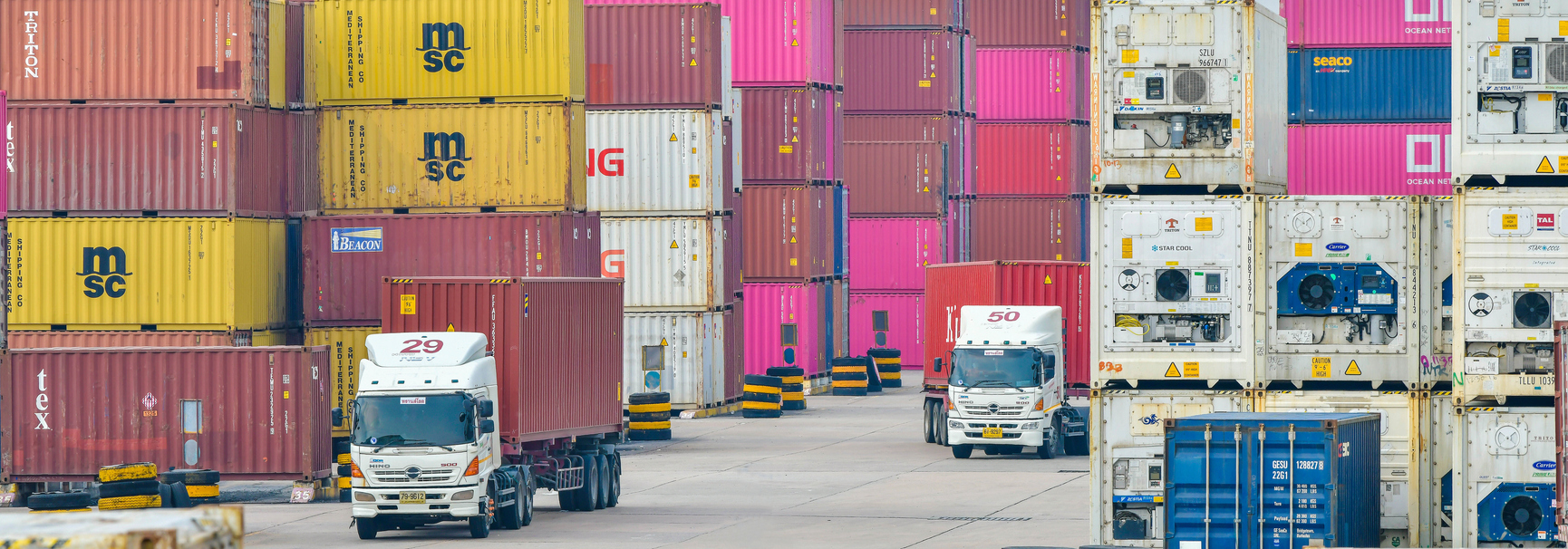How to Find Reliable Offshore Vessels for Rent in Nigeria
In Nigeria’s booming maritime and oil & gas sectors, having reliable offshore vessels is crucial for seamless operations. Whether for oil exploration, logistics, or industrial transport, renting offshore vessels provides flexibility and cost efficiency. This guide explains the types of offshore vessels available, their applications, and how Wigmore Trading can help businesses secure the right solutions.
Why Businesses Choose Offshore Vessels for Rent in Nigeria
Renting offshore vessels in Nigeria allows companies to scale operations without the significant upfront costs of purchasing and maintaining ships. It also offers access to specialized vessels equipped to handle challenging maritime conditions. From cargo transport to offshore drilling support, rental vessels provide a practical solution for businesses in need of short- or long-term maritime assets.
Key benefits include:
-
Cost-effective operations: Avoid the capital expenditure of buying vessels.
-
Operational flexibility: Choose vessels suited to specific tasks, such as crew transfer, cargo shipment, or offshore drilling support.
-
Access to modern equipment: Rental fleets are often equipped with advanced technology and safety features.
Wigmore Trading connects businesses with reputable offshore vessel providers, ensuring clients get reliable, well-maintained ships that meet industry standards.
Types of Offshore Vessels Available for Rent
Understanding the types of offshore vessels is essential to select the right option for your operations:
-
Platform Supply Vessels (PSVs):
Used for transporting supplies, equipment, and personnel to offshore platforms. PSVs are ideal for oil & gas companies managing offshore rigs. -
Anchor Handling Tug Supply (AHTS) Vessels:
Designed to handle anchors for oil rigs, tow vessels, and support drilling operations. They are essential for maintaining offshore infrastructure. -
Crew Transfer Vessels (CTVs):
These vessels transport personnel safely between shore and offshore platforms. Quick, reliable CTVs improve operational efficiency. -
Specialized Cargo Vessels:
For transporting bulk goods, machinery, or heavy equipment to offshore locations. These vessels ensure timely and secure delivery.
Wigmore Trading offers guidance on which vessel type best suits your operational requirements, helping you optimize efficiency while minimizing risk.
How to Rent Offshore Vessels in Nigeria
Securing an offshore vessel for rent involves careful planning and adherence to local maritime regulations. Here are practical steps:
-
Identify Operational Needs: Determine the type of vessel, duration of hire, and capacity required.
-
Verify Compliance: Ensure the vessel complies with Nigerian Maritime Administration and Safety Agency (NIMASA) regulations.
-
Assess Vessel Condition: Check for certifications, safety equipment, and maintenance records.
-
Engage Trusted Providers: Partner with companies experienced in vessel rental, ensuring reliability and accountability.
Wigmore Trading simplifies this process by connecting clients to vetted vessel providers, facilitating smooth transactions and operational continuity.
Challenges in Renting Offshore Vessels
While renting offshore vessels provides advantages, businesses may face challenges such as:
-
Availability: High demand in oil & gas regions may limit vessel options.
-
Operational Costs: Fuel, crew, and maintenance charges can vary.
-
Regulatory Compliance: Strict adherence to local and international maritime laws is necessary.
Solutions include planning rentals in advance, budgeting for operational expenses, and leveraging expert intermediaries like Wigmore Trading to navigate compliance and procurement challenges.
Why Wigmore Trading is Your Ideal Partner
Wigmore Trading specializes in sourcing offshore vessels for rent in Nigeria, offering:
-
Access to a network of reliable vessel providers
-
Expert advice on vessel selection for specific offshore tasks
-
Support in managing contracts, certifications, and compliance
By working with Wigmore Trading, businesses can reduce downtime, optimize operations, and focus on their core activities.








Comments are closed.